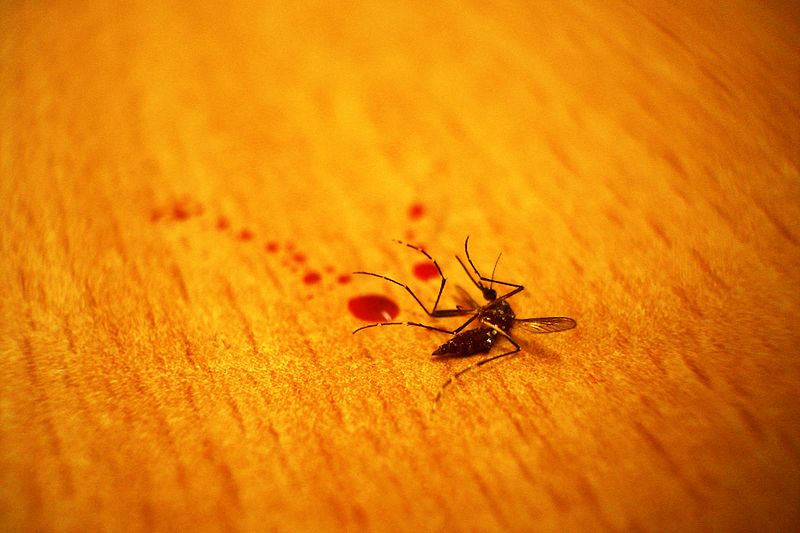Scientists Create Sperm-Free Mosquitoes to Prevent Malaria
Scientists hard at work at eradicating malaria have often focused on the malaria-carrying mosquito, creating solutions ranging from genetic modification...

Scientists hard at work at eradicating malaria have often focused on the malaria-carrying mosquito, creating solutions ranging from genetic modification to malaria-attacking fungi to stinky sock lures (and about a billion more). The latest is a radiation treatment that effectively makes some male mosquitoes sterile–which, due to the particular mating habits of these mosquitoes, could have a drastic effect on mosquito populations.
Female mosquitoes mate only once in a lifetime, and then store the male’s sperm to be used as needed throughout the rest of her life. What’s important about the new findings, which appear in the Proceedings of the National Academy of Sciences journal, is the discovery that the females do not seem to distinguish between sterilized males and fertile males–they mate only once, either way. A process that can sterilize males would thus result in a pretty serious decrease in the number of new mosquitoes.
Sterilization isn’t new, but it’s usually done via radiation, which tends to make male mosquitoes very weak and unable to take part in what the BBC calls a “frenzied” mating behavior. Scientists from Imperial College London devised a way to inject mosquito embryos with a bit of RNA that disrupts one of the genes needed for sperm production, leading to healthy, but sterile, male mosquitoes.
Of course, there are lots of problems with using a system that could decimate an entire species–many other creatures, including our beloved bats, rely on mosquitoes for food, and so wide-scale eradication of mosquitoes isn’t generally seen as a viable strategy. But the discovery could still be used to control mosquito population–and as malaria accounts for as many as 20% of childhood deaths in Africa, a controlled population could be invaluable.